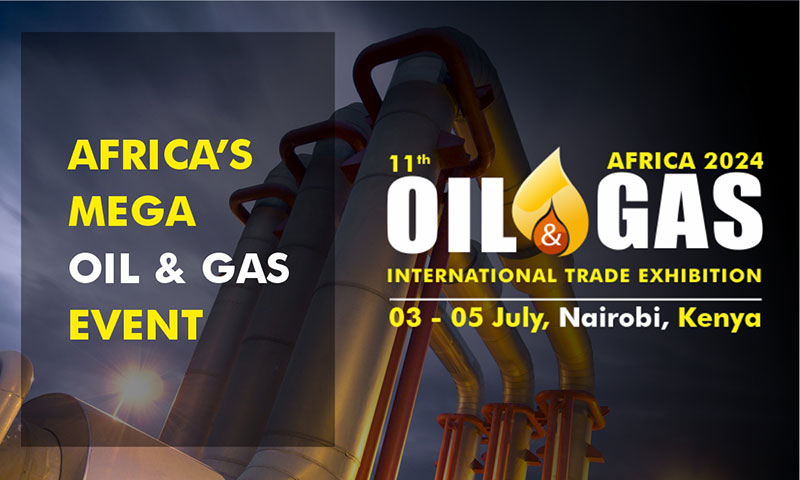

Kenya, Uganda may decide on oil pipeline route by mid-July
Posted on :Friday , 19th June 2015
Kenya and Uganda could decide by mid-July on the route for a crude pipeline linking their newly found oil fields to the Kenyan coast, a vital step for oil firms to make a final investment decision, a senior Kenyan ministry official said.
Two possible routes have been proposed, one running through north Kenya to the coast in the Lamu region and a second following the route of an existing products pipeline further south that would run to the port of Mombasa.
Oil executives say they cannot make progress with their final investment decision on developing discoveries in Uganda and Kenya until the pipeline route and related costs are clear.
"We told the contractor to do a thorough analysis of the two routes and when it has done the analysis we will be able to meet and make a decision," Joseph Njoroge, the principal secretary at Kenya's energy ministry, told Reuters late on Wednesday.
He said the analysis by Japan's Toyota Tsusho should be completed in about two weeks, and a decision by Uganda and Kenya could happen a week or two later.
That means the decision on the route could be taken in "three weeks to a month" from now, he said, adding that construction could be completed "by about 2018 or 2019".
Britain's Tullow Oil, with stakes in Uganda and Kenya, has previously said it expects to decide on whether to proceed with investment in early 2016.
France's Total and China's CNOOC are also investing in Uganda, while Tullow's partner in Kenya is Africa Oil.
A slide in oil prices in the past year has knocked other oil projects off the agenda, but analysts say the Kenyan and Ugandan plans are unlikely to be shelved because they are relatively easy and cheap to access compared with offshore finds.
Kenya has previously talked of piping oil along a corridor of land in the north of the country to Lamu, where it wants to build a new port to serve the region.
It says work on Lamu port has begun, but experts say a spate of militant attacks in the region that borders Somalia have raised concerns about security of the pipeline along that route.
Mombasa is an established but also crowded port that already serves as the main trade gateway for Kenya, Uganda and other landlocked African states in the region.
Please Select an Option
-
Exhibiting
-
Visiting
-
Information

Expogroup
Expogroup is a full service exhibition organiser with over 28 Years experience in International trade exhibitions. Our current portfolio includes 28 annual exhibitions from a diverse range of industries being held across the Middle East & Africa.
EXPOGROUP © 2025 | Privacy policy
